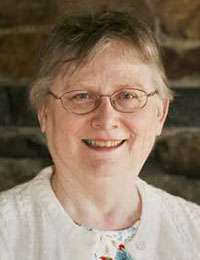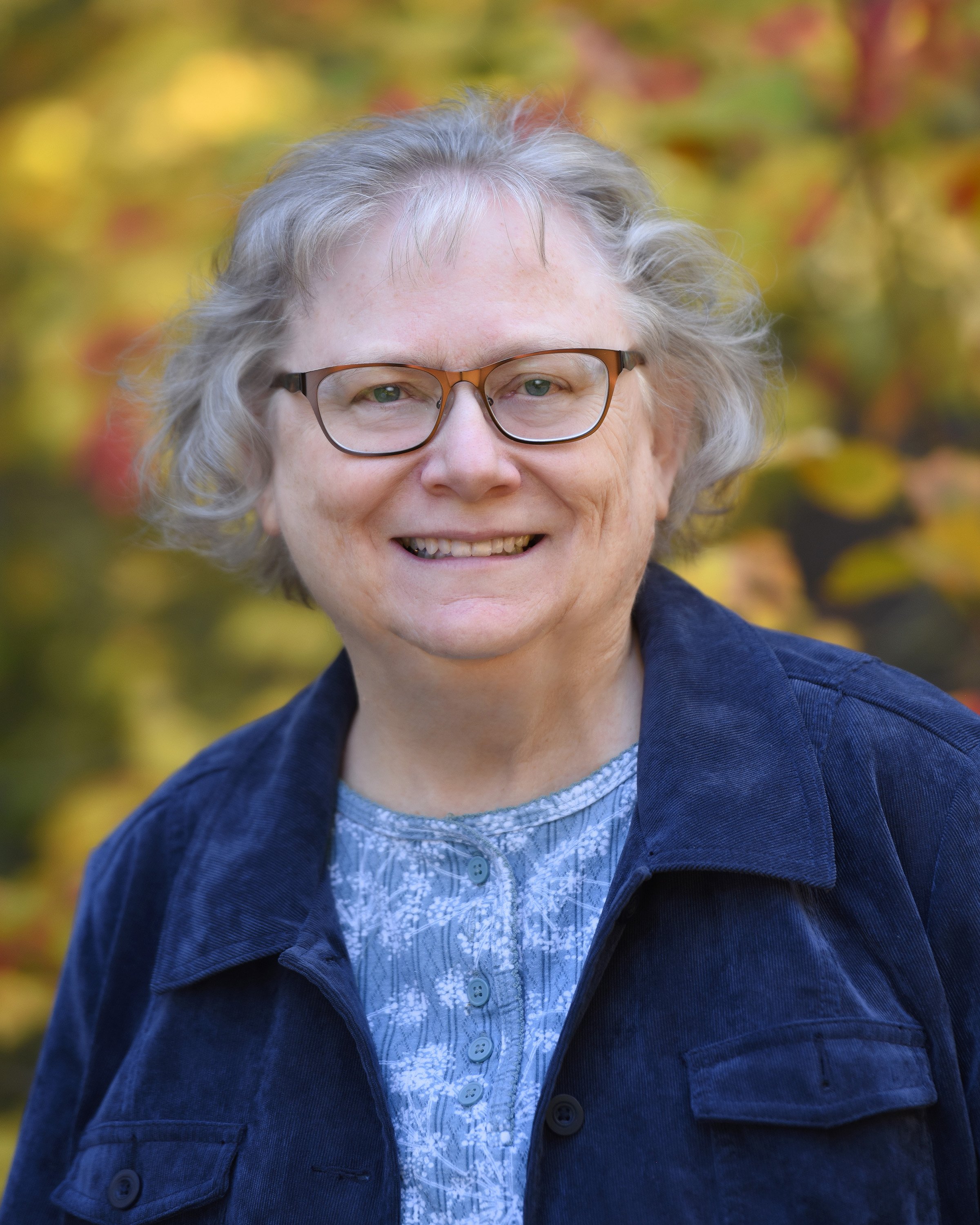 The last thing, literally, any of us wants to think about is writing obituaries.
The last thing, literally, any of us wants to think about is writing obituaries.
Even if we have very elderly or very sick loved ones and know that the time is near, it seems eerie and sacrilegious to think about preparing an obituary while they are still living, perhaps even tempting fate and hastening death!
None of us, hopefully, will have to write a lot of obituaries. I’ve written them for my parents, but they or their siblings wrote them for my grandparents, and the rest of my relatives have nearer loved ones to whom that task will fall.
Yet in the process of compiling the new Babson Genealogy I have been reading hundreds of obituaries and have gained new respect for the art and science of a well-written obituary.
As I see it, obituaries fall into at least four categories:
First, no obituary – just a death notice leaving one to wonder whether the departed had no one to write the obituary or whether the survivors simply felt “the least said the better.”
Second, the “book” obituary containing everything the person did in an entire lifetime – profession, education, charitable work, awards, world travel, hobbies, and more.
Third, the “just the facts” obituary – when and where born, names of survivors, short notes like “she worked as a checker at Wal-Mart” and the like. These usually will give names of surviving children, but only state the number of surviving grandchildren without naming them, or just give their first names without identifying the parents of Johnny, Jimmy, and Jane.[1]
Fourth is the ideal obituary, from a genealogical standpoint, at least. This gives all of the pertinent facts of birth, marriage, death and burial, full names and relationships of all survivors including their towns of residence, names of predeceased near relatives – spouses, parents, children – and biographical information that pays loving tribute to the person’s life, not necessarily to their resume.
For this type of obituary someone has to put some effort and thought into gathering information ahead of time. Looking back, the obituaries I wrote for my parents were “just the facts” types, despite having had plenty of time to think about it – Mother was 99½ when she died, and Dad 97, so no excuses that it was unexpected. Yet as I hastily typed the facts for the funeral home administrator on the days that arrangements were made, my brain was just not up to the task. It’s not that I did a bad job, it’s just that I might have done better if I could have found a way to prepare.
As for my own obituary, I won’t be writing it, but I will be leaving hints.
Note
[1] Of course, newspapers limit space and/or charge by the word for obituaries, which usually precludes naming all eighteen grandchildren, but times are changing with digital editions of newspapers, funeral home websites, and even dedicated websites just for obituaries.
Share this:

About Alicia Crane Williams
Alicia Crane Williams, FASG, Lead Genealogist of Early Families of New England Study Project, has compiled and edited numerous important genealogical publications including The Mayflower Descendant and the Alden Family “Silver Book” Five Generations project of the Mayflower Society. Most recently, she is the author of the 2017 edition of The Babson Genealogy, 1606-2017, Descendants of Thomas and Isabel Babson who first arrived in Salem, Massachusetts, in 1637. Alicia has served as Historian of the Massachusetts Society of Mayflower Descendants, Assistant Historian General at the General Society of Mayflower Descendants, and as Genealogist of the Alden Kindred of America. She earned a bachelor’s degree from the University of Connecticut and a master’s degree in History from Northeastern University.View all posts by Alicia Crane Williams →